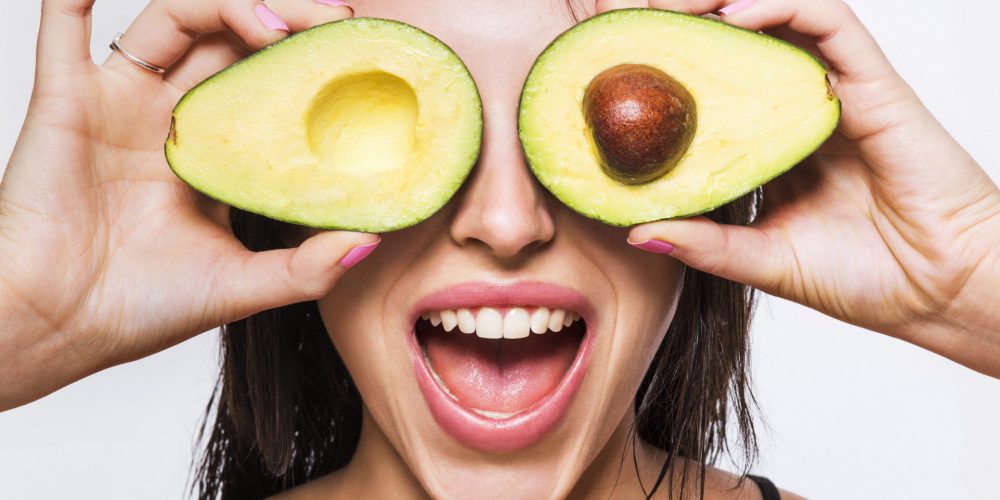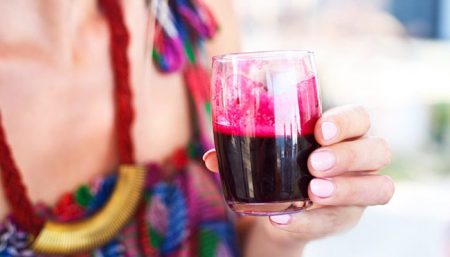
Good nutrition is important for ‘good’ fertility. Health of both the sperm and the egg – even before they meet – can affect the outcome of the pregnancy and the health of the baby, child and even through to adulthood. Diet and fertility are intrinsically linked. Having the right balance of vitamins and minerals in your diet is essential.
Below is a list of fertility-boosting foods packed with the most important nutrients for a healthy reproductive system.
1. Raspberries: Female fertility may benefit from raspberries’ high levels of folate – a type of B vitamin that promotes cell growth and embryo health. It has also been theorized that the berries’ antioxidants protect sperm health, promote conception, and reduce the risk ofmiscarriage. They’re also high in Vitamin C and folate, both of which are essential to female fertility and early baby development.
2. Oranges: Citrus fruits like oranges, possess a wealth of Vitamin C, which helps stabilize your ovulation and encourages the release of an egg. They’re also rich in folate, the naturally-occurring form of folic acid that is known to help women get pregnant and reduce abnormalities in mens’ sperm. Both you and your partner should aim for a high level of folic acid each day (over 600 mcg).
3. Beetroot: A fantastic source of the antioxidant resveratrol, which is thought to help combat against age- related infertility, beetroots are also rich in nitrates. These are well known to improve blood flow and are often used by athletes for this purpose. I particularly recommend beetroot juice for women undergoing IVF treatment as a way to improve blood flow to the uterus to help with embryo implantation.
4. Avocado: According to a study funded by the US National Institutes of Health, fertility during IVF could be bolstered by a Mediterranean diet high in monounsaturated fats. Professor Jorge Chavarro who led the study said: ‘The best kinds of food to eat are avocados, which have a lot of monounsaturated fat and low levels of other sorts of fat, and olive oil.’ Also, they’re packed with folic acid, a type of B vitamin that helps boost fertility in both men and women. Folic acid also helps prevent neural tube defects at birth. You want to get lots of folate. Avocados contain good enzymes which aid digestion and, when you’re trying to conceive, anything you do to lessen the impact on digestion helps! Avocados are also high in fiber, which helps regulate blood sugar levels, and are filled with other great nutrients, such as potassium, vitamin B6 and vitamin C.

5. Kale: Leafy green vegetables are one of the best kept secrets for women who are trying to enhance fertility and regulate hormones. Kale is a superfood which is great for overall health. It’s high in a number of vitamins and minerals which help to detoxify the body. Kale is also a great source of iron and calcium which is important for follicular development. Kale can help reduce inflammation in the body.
6. Olive Oil: The monounsaturated fat in olive oil help improve the body’s sensitivity to insulin and reduce inflammation; both of these are good for fertility. A study done at the Harvard School of Public Health found that higher intake of monounsaturated fat is directly linked to higher odds of live birth.
7. Broccoli: According to a study published in Fertility and Sterility, vitamin C-enriched foods are highly essential for those who are planning to conceive. Due to its high content of vitamin C, broccoli can help boost fertility. In women, it helps reduce the chance of miscarriage and chromosomal problems. Also, broccoli is rich in B vitamins as well as calcium, iron, and zinc that are highly essential for women wanting to conceive when they are in their mid-30s or older.
8. Pumpkin Seeds: Zinc, an important mineral for fertility, is actually one of the nutrients most women are deficient in. Zinc is used in many processes of the body; specifically for fertility zinc is used to create genetic material. So, it is important for sperm health, testosterone levels, the immune system, and healthy DNA. It also helps to protect sperm from chromosomal damage.

9. Brown Rice: A good source of complex carbohydrates, which will help improve a woman’s fertility by promoting regular ovulation. In a six-year study of 18,000 Harvard nurses, researchers found that those who ate white rice were 92% more likely to experience infertility compared with those who ate brown rice. Also, brown rice contains a good amount of folic acid, which aids in blood production and is very important for preventing neural tube defects in newborn babies. Try to include brown rice in your diet three times a week for your overall health.
10. Oysters: They are an excellent source of zinc, a highly essential nutrient for those who are trying to conceive. Zinc deficiency in the body has been found to disrupt normal menstrual cycles in women and slow down the production of good quality sperm in men. Also, according to the Centers for Disease Control’s Assisted Reproductive Technology report, low levels of zinc in women have been directly linked to miscarriage in the early stages of a pregnancy.
It is essential to note that a proper diet helps regulate hormones and improve a woman’s health and increasing the chances of pregnancy.
NOTE: Quality water is a must.
Related Links
- Vitamins A, D, E and K Micronutrients for bones, muscles and nerves
- Folic: The Great Protector
- Top 10 Foods To Avoid with IVF Treatment
- About The Mediterranean Diet
- Top 10 to Conceive Naturally With Herb Aid
Disclaimer
The Content is not intended to be a substitute for professional medical advice, diagnosis, or treatment. Always seek the advice of your physician or other qualified health provider with any questions you may have regarding a medical condition.

